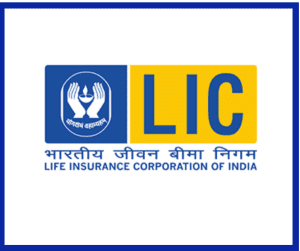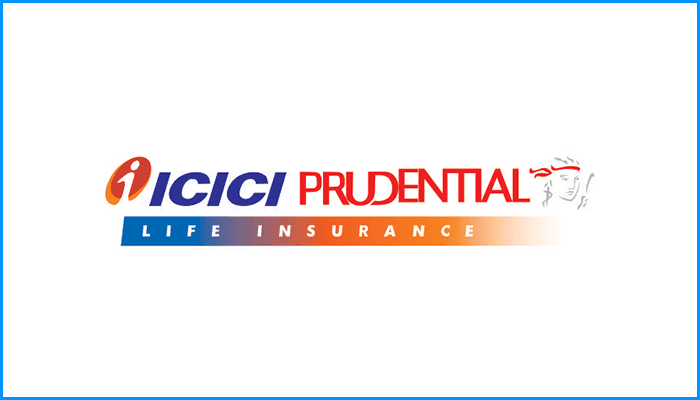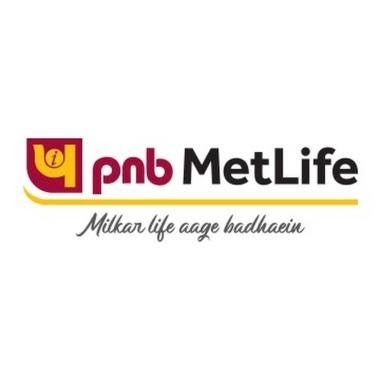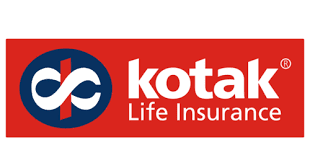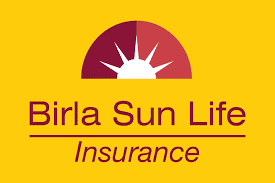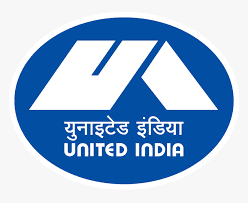Life Insurance is defined as a contract between the policy holder and the insurance company, where the life insurance company pays a specific sum to the insured individual's family upon his death. The life insurance sum is paid in exchange for a specific amount of premium. Life is beautiful, but also uncertain. Whatever you do, however smart and hard you work, you are never sure what life has in store for you. It is therefore important that you do not leave anything to chance, especially "Life Insurance". As death is the only certain thing in life, apart from taxes, it pays to insure it well in advance.
If you were to go by the dictionary definition, "Life Insurance" is a financial product that pays you or your dependants a sum of money either after a set period or upon your death as the case may be. However, if you were to understand the term clearly and also appreciate its importance in your life, consider "Life Insurance" as a back-up plan for life. Life Insurance in its simplest form means being prepared financially, come what may. It ensures that your family and you receive financial support in case you are not able to bring in the much-needed income yourself (may be due to an accident, retirement, or untimely demise).
Life insurance is designed to minimize the impact of the financial loss, your family may incur upon your demise. The benefits of such plans are fourfold, aptly contained within the acronym “LIFE”:
1.Liability Free - Life insurance gives your family the power to be independent and self-reliant. A good term plan can help them repay financial liabilities like home loan, auto loan, personal loan, or a loan on credit card. The term plan may also cover hospitalization charges and critical illness treatment, giving you a comprehensive protection package.
2. Income Replacement - If you are the sole bread earner in your family, a life insurance plan can provide a guaranteed income to your family every month, making sure that their everyday life is not disrupted and they remain financially stable.
3. Education and other expenses for dependents - The payouts from life insurance can help to pay the bills for the education of your children, as well as expenses for their wedding or medical costs if any.
4. Immediate Expenses after Demise - It will also help your family cover a part of essential expenses immediately after your demise, such as funeral costs and/or medical bills.
The significance of having a life insurance is to avail the "peace of mind" that it brings along. However, having an adequate amount of life insurance effectively sets your mind free of some important questions like:
1. What will happen to my family financially after I die?.
2. How will my wife and kids take care of their expenses after I am no more?
3. How will I provide finances to my family, in case I lose my job after an accident?
4. How do I ensure that I am able to fund my child’s higher education?
5. How do I ensure an income after my retirement?
Traditional Life Insurance plans offer multiple benefits in terms of life cover and returns, thus providing safety and security to the insured. These policies are considered risk-free. This is because they provide a fixed benefit (Cover Amount) in case of death of the insured person or at end of the term. Following are the three types of Traditional Life Insurance plans:
Term Insurance Plans:
Term policies are considered largely risk-free, low cost and usually with the highest coverage. These plans are purchased for a fixed period of time (such as 10 years , 20 years or more ). They provide a fixed payout in case of death (natural or accidental)of the insured person or at the end of the term. These plans have evolved to also provide survival benefits so customers get double protection – for family and regular income for retirement needs.
Endowment Plans or Guaranteed Returns Plan:
Endowment Plans provide financial protection through life cover along with guaranteed returns. The policyholder will receive a lump sum amount if he or she survives until the date of maturity of the policy. With these plans the life cover amount is much lower and people generally buy these plans for the maturity benefit. These plans are great if you are saving for a big purpose.
ULIP {Unit Linked Insurance Plan} provide both protection and savings combined with flexibility to the covered person. As these products are linked to capital markets, they may have the potential to deliver better returns than traditional plans. However, with high returns there is a risk of low returns as well, which will depend on the market’s performance. But this plan gives higher returns in long term investment.

